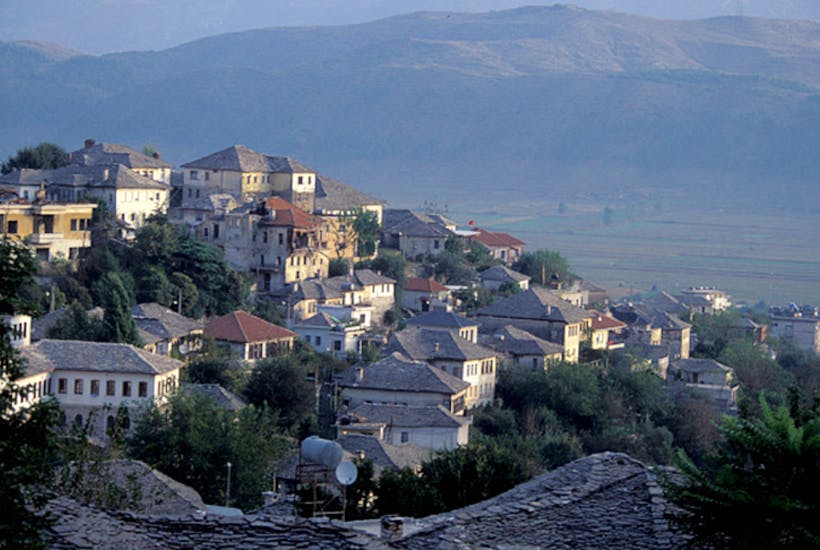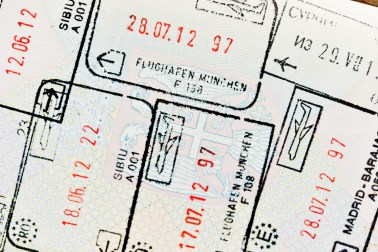Ismail Kadare is a kind of lapidary artist who carves meaning and pattern into the rocky mysteries of his native Albania. Born, like his frenemy the Communist dictator Enver Hoxha, amid the blank-faced mansions and feuding clans of the ‘stone city’ of Gjirokaster, the novelist has always framed the terror, secrecy and confusion of the regime as a family affair. The usual comparisons with Kafka and Orwell underplay the sheer, gut-twisting intimacy of politics and power in his work. It baffles outsiders who want to label Kadare either a brave dissident or a complicit stooge. Ideology be damned: this is, and always was, strictly personal. The Doll even wonders whether ‘tyranny is a real thing or something one projects oneself. The same goes for enslavement.’
Having so often portrayed Albania’s body politic as a dysfunctional household, Kadare (now 83) reverses the flow of the metaphor.

Get Britain's best politics newsletters
Register to get The Spectator's insight and opinion straight to your inbox. You can then read two free articles each week.
Already a subscriber? Log in







Comments
Join the debate for just £1 a month
Be part of the conversation with other Spectator readers by getting your first three months for £3.
UNLOCK ACCESS Just £1 a monthAlready a subscriber? Log in